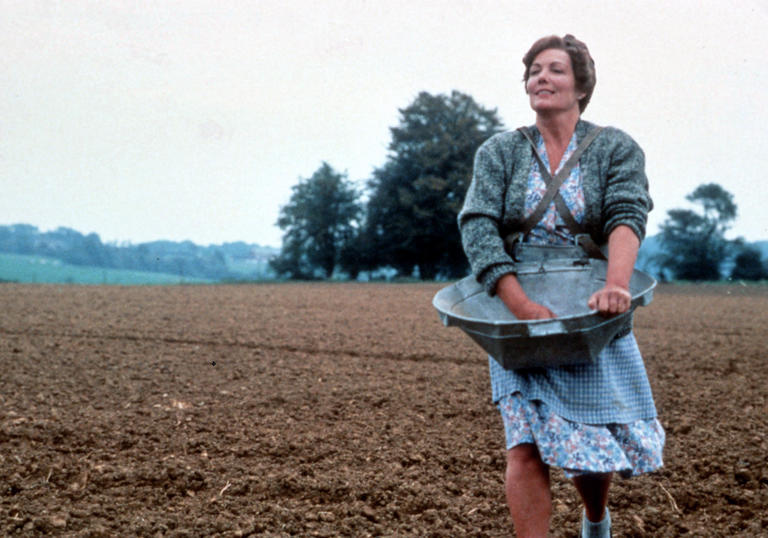
In partnership with

See more film for less
Get 20% off tickets and pay no booking fees. Plus, enjoy priority booking and £6 Members’ Screenings of the latest films every Sunday (T&Cs apply)
Discover

The Art of Change Shorts: Feminism - Helen Plumb
We follow the account of a woman who is grappling with the decision of whether or not she should embrace her body hair in public - a prickly subject...
Barbican Cinema 2
Location
Barbican Cinema 2 & 3 are located on Beech Street, a short walk from the Barbican’s Silk Street entrance. From Silk Street, you’ll see a zebra crossing that will take you across the road to the venue.
Address
Beech Street
London
EC2Y 8DS
Public transport
The Barbican is widely accessible by bus, tube, train and by foot or bicycle. Plan your journey and find more route information in ‘Your Visit’ or book your car parking space in advance.





